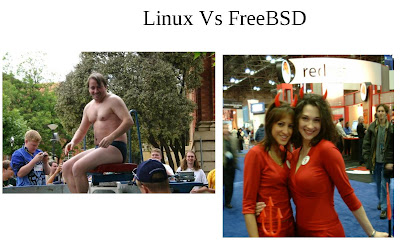da1 said:
"... if your company is selling things, you need to talk in sales-terms to your manager ... "
"From my experience, it will help nothing if you talk to a non-techie person in techie terms. Bottom line is that you need to talk in his language for him to understand you."
My 2c.
You are very correct in this, sadly. I for one find it really annoying when you need to powerpoint your information instead of simply telling the other side of the communication about your arguments. So you need to learn to speak "marketing", which might as well be it's own language. (Since marketing seems to live on it's own planet, that is understandable, isn't it? SCNR)
So what is there to do for you?
- find out what you need
- find out what you can have
- find out what you want
- list pro/contra points for each
- ... also as seen from the other side of the table
- follow the gradient
The point about listing pro/contra is extremly hard if you are not used to it. I found that several years of D&D and other role playing experience can help you to ignore what
you know and see some situation from the point of someone else.
That is why I sometimes come overdressed to a meeting because I know that the customer to talk to has no technical background. So he tends to stick to things he trusts - and that may be a three-pice and cufflinks. For other customers, the t-shirt, sneakers and cargo pants are better. That are those who come from the same stable as you, who have a solid technical background and who also see a tie as a competence simulator.
Long story short - make your homework, the other side of the argument needs to trust you to take your information, and it needs to like you to act on that information.
But in the end it comes down to numbers. If you convince your boss of a solution that does not work out, guess who gets the heat for it. Be sure to move into a direction where you want to go, where it needs to go and where real benefits
for all involved are possible.
My first answer addressed the uptime benefit and the better protection from random problems by script kiddies. These can be real benefits for a small biz, but they do not protect from dedicated evildoers.
What you (or others who have to deal with customers and sales/marketing) may want to do is spend a weekend with Sun Tzu, The Art Of War. If nothing else, it will help you to understand those guys better.


